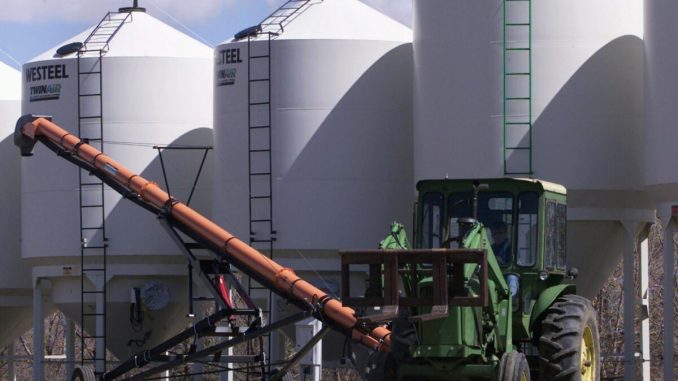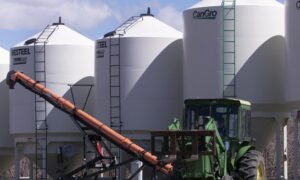

This month Statistics Canada will conduct its first mandatory Census of Agriculture since 2016, but some farmers say the government won’t find out much.
Years ago, a farm wife told this reporter how she explicitly told a census taker on the phone: “I’ll tell you the truth this time, but I can’t promise you I will next time. And I know most of my neighbours don’t.”
When the census taker asked why, the woman replied: “Because we tell you we’re growing such-and-such a crop, and then the buyers know. Then they won’t give us a good price for it because they know there’s a lot out there.”
Legally, however, the questions must be answered. The 2021 version of the mandatory survey, which is conducted every five years, has 74 questions covering 33 pages. The revised version was created following extensive consultations in 2017. The new set of questions was sent to 10,000 farmers in 2019 on a voluntary basis, but only 3,864 responded.
Statistics Canada says providing accurate information is in the best interest of farmers. The information is used by the government to “support programs and international trade negotiations,” as well as to obtain a sense of the safety of the food supply chain and how farmers have been affected by the pandemic. The information is also used by industry associations to gain a better understanding of the size of their industries, says spokesperson Antonia Lafkas.
“Statistics Canada continues to appreciate the participation and co-operation of farmers across Canada who understand the importance of accurate information for evidence-based decision-making,” Lafkas said in an email.
‘I’m Not Doing It’
But some farmers have invented ways of evading the survey.
In Swift Current, Saskatchewan, retired farmer and rancher Charlie Lamb won’t answer the survey, and tried not to even while he still farmed. He told The Epoch Times in an interview that “you never know who … you’re talking to in the first place” and that “you aren’t gonna tell them the truth, no.”
Rod Hutton sold his farmland near Glentworth, Saskatchewan, in 2012. He shared a census story with The Epoch Times from his farming days.
After the survey was dropped off, “the lady kept calling week after week after week, and [asked] ‘Is it done?’ And I said, ‘No it’s not, and no I’m not doing it.’ She says, ‘I’ll give you another week or I’m going to show up.’ So she made an appointment.”
Hutton found out that if he answered “no” to having farm animals, he could save himself additional questions. So he kept insisting that the chickens he had were pets, despite the census taker repeatedly asking, “but do you eat them or sell them?’”
She finally wrote down “PETS,” Hutton said.
“I skipped probably a third of the whole survey, because surveys are not meant to really tell the truth anyway,” he added.
Skepticism
With some irony, Hutton’s wife, Kathryn, became a local census taker in 2006. In an interview, she said many farmers grumbled that they always got the long-form census and that the agriculture census should not be done during seeding.
“’The government already has all that stuff. So why are they asking us about this?’” she recalled farmers telling her. She explained that it’s “because for AgriStability, if you want to be in it, you have to have your inventory report. So, they should know how many cattle you have, and how much grain you have, and all that.”
AgriStability is a national program jointly funded by the federal and provincial governments to help farm operations manage their business risks, such as production loss, increased costs, or market conditions.
Then again, the agriculture census is very extensive.
“It’s quite detailed. So, you have to do some digging and some homework in order to find out all those values,” Kathryn Hutton said. “People just lie because they put down a ballpark figure and they might not even know.”
Statistics Canada seems to be aware of the problem. When it was considering changes for 2021, some evaluation questions included “Can farmers easily answer this question?” and “Will farmers be willing to answer this question?”
Kathryn Hutton said being a census taker was not always pleasant.
“I remember stopping at the post office in town and getting an earful about the agriculture census. And that’s when I told the person that was working there, ‘If people aren’t honest about it, then how can the government develop effective programs?’”
But she’s more skeptical now.
“If the government is in it, I’m pretty sure it’s not going to be for our benefit,” she said. “They just come at taking your stuff away from a different angle.”
The agriculture census asks respondents to disclose their Canada Revenue Agency business numbers and all legal or operational names for other businesses they own or operate, whether or not those businesses are related to agriculture.





Be the first to comment